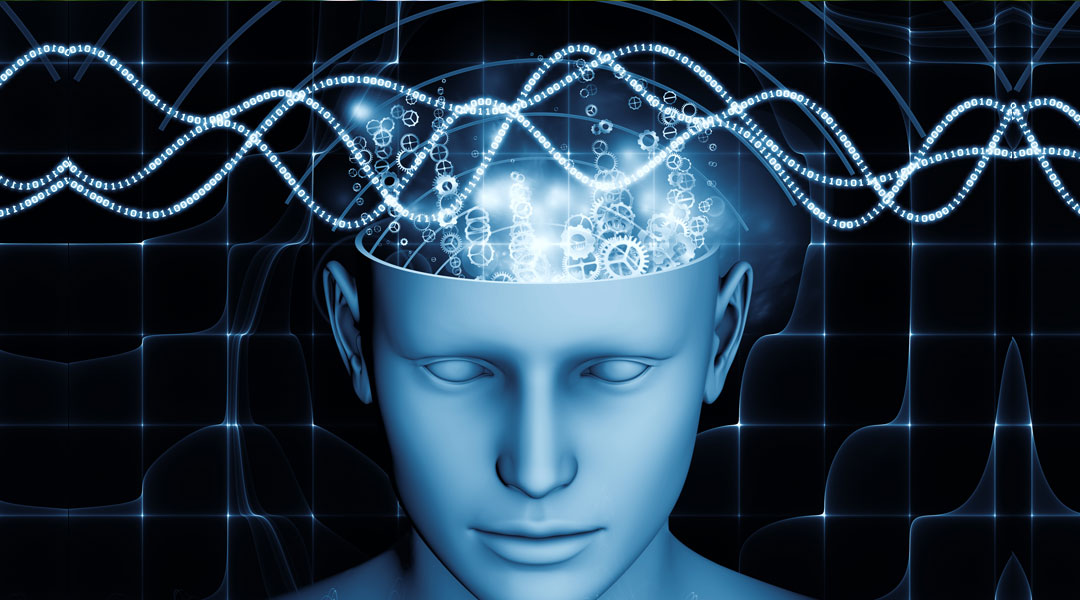 This is the title of an article in New Scientist magazine, 15 November 2014. It relates a landmark discovery by a team led by Dr. Martin Fussenegger, a bioengineer at ETH Zurich in Basel, Switzerland. I would like to state my opinion upfront that I consider this discovery to be the single most important advancement in scientific history. And yet the discovery has been reported in the most matter of fact way with no fanfare or media hype whatsoever. It is almost as if nobody cares, but what is more likely is that nobody can see its true significance.
This is the title of an article in New Scientist magazine, 15 November 2014. It relates a landmark discovery by a team led by Dr. Martin Fussenegger, a bioengineer at ETH Zurich in Basel, Switzerland. I would like to state my opinion upfront that I consider this discovery to be the single most important advancement in scientific history. And yet the discovery has been reported in the most matter of fact way with no fanfare or media hype whatsoever. It is almost as if nobody cares, but what is more likely is that nobody can see its true significance.
So what did Dr. Fussenegger and his team actually do. He himself states, “We wanted to be able to use brainwaves to control genes. It’s the first time anyone has linked synthetic biology and the mind.” As we will see the way they managed to do this was through electromagnetic waves, biophotons, and so the true significance of what they have done is they have left behind the conventional chemical descriptions of gene activation, and they have turned instead to the almost unchartered frontier of the electromagnetic and the quantum mechanical properties of the genome.
I say ‘almost unchartered frontier’ because in fact I relate in Chapter 5 of my book on Biophotons that there is a burgeoning new area of study known as optogenetics. Neuroscientists have now discovered that they can literally, with the flick of a switch, turn the neurons on and off in our brain using light. So slowly but surely mainstream geneticists and neuroscientists are starting to realize that there is a great deal happening in our biological make-up that is brought about by electromagnetic phenomena, and their laborious descriptions about chemical reactions in the 3% of the DNA that is said to harbor our genes is really not advancing our understanding of anything important.
